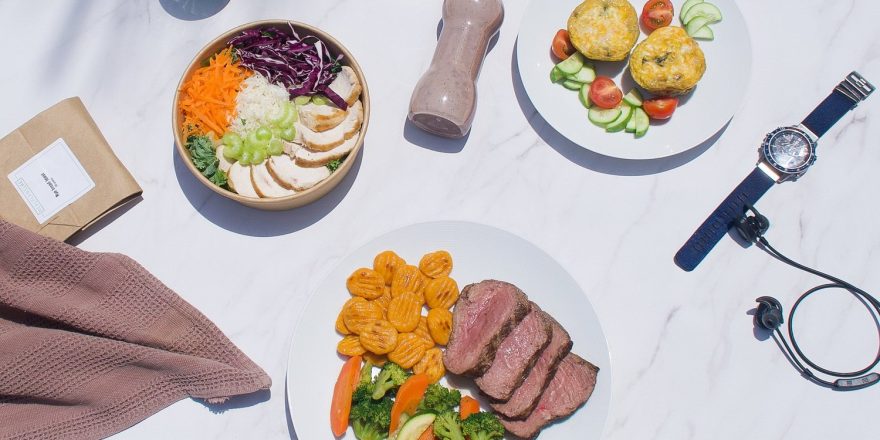The Athletic Advantage: Unlocking Your Full Potential Through Diet
Athletes are constantly seeking ways to improve their performance and maximize their potential. While training and conditioning play crucial roles, the impact of diet should not be underestimated. Proper nutrition is essential for athletes to fuel their bodies, enhance recovery, and optimize their athletic performance. In this article, we will explore how athlete menu plan unlock your full potential.
Fueling for performance:
Athletes require an adequate supply of energy to support their training and performance. Carbohydrates are the primary source of fuel for high-intensity activities. Incorporate complex carbohydrates like whole grains, fruits, and vegetables into your diet to provide sustained energy. Include simple carbohydrates such as fruits or energy gels for quick bursts of energy during intense workouts or competitions.
Protein for muscle repair and growth:
Protein is crucial for muscle repair, growth, and recovery. It provides the building blocks for repairing damaged muscle tissues after intense training sessions. Include high-quality protein sources like lean meats, poultry, fish, eggs, dairy products, legumes, tofu, and tempeh in your diet. Aim for an appropriate protein intake based on your body weight and activity level.
Hydration:
Proper hydration is vital for athletic performance. Dehydration can lead to fatigue, decreased cognitive function, and impaired physical performance. Ensure you drink enough fluids before, during, and after exercise. Water is typically sufficient for most workouts, but for longer or intense sessions, consider sports drinks to replenish electrolytes.
Nutrient timing:
Timing your meals and snacks around your training sessions is crucial. Consume a balanced meal containing carbohydrates and protein a few hours before your workout to provide sustained energy. Fuel up with a small snack or energy bar an hour or two before intense training. After exercise, consume a post-workout meal or snack within 30 to 60 minutes to replenish glycogen stores and support muscle recovery.
Micronutrient support:
In addition to macronutrients (carbohydrates, protein, and fats), athletes need an adequate intake of vitamins and minerals. Include a variety of fruits, vegetables, whole grains, nuts, and seeds in your diet to ensure you’re getting a wide range of essential micronutrients. Consider consulting a registered dietitian to determine if you need any additional supplements to address specific nutrient needs.
